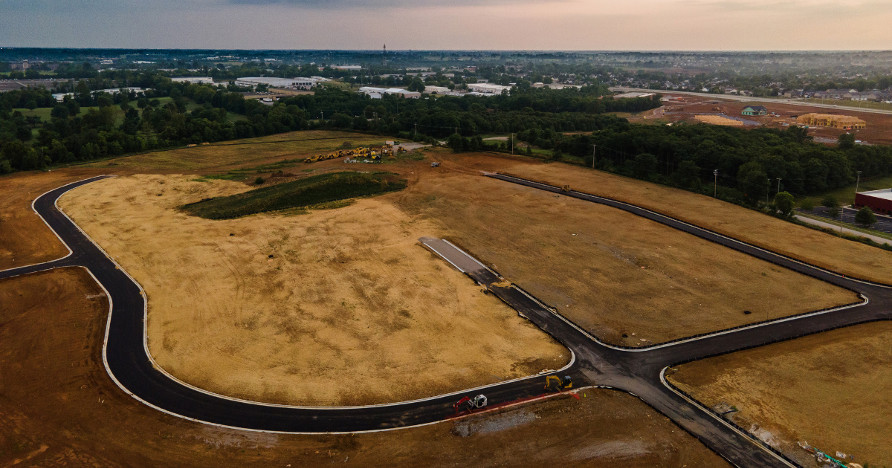
Subdividing refers to dividing a large plot of land into smaller parcels. For a landowner, subdividing land can be highly profitable; however, it is imperative to avoid common pitfalls that can diminish the profitability of subdividing land. With that in mind, consider the following tips for developers and builders when navigating municipal subdivision and land development regulations:
Conduct a thorough check for restrictions or roadblocks first.
Before focusing on municipal subdivision regulations, conduct a comprehensive search to determine if any restrictions or roadblocks will shut down your subdivision plans before they get off the ground. Run a complete title search, and check for covenants, easements, and anything that might cloud the title to the land before you move forward with plans to subdivide the land.
Have a clear understanding of the relevant subdivision and land development regulations.
Most municipalities in Pennsylvania have a Subdivision and Land Development Ordinance (SALDO) in place that regulates how land may be subdivided and developed within the municipality. Before investing time and money in a subdivision plan, be sure you clearly understand the applicability of the relevant SALDO to your project. Consulting with an experienced zoning, land use, and/or real estate attorney is the best way to ensure you understand the rules and regulations of the SALDO.
Consider resources and the market.
Research the available resources and relevant market before settling on a subdivision plan. The extent to which subdividing a tract of land will impact current municipal resources or require the construction of additional resources will directly affect the likelihood of getting the plan approved. At the same time, the existence or absence of a viable market for land after it has been subdivided will also factor into the odds of getting the final plan approved.
Submit sketch plans.
Although preliminary and final plans will be required, some municipal regulations consider the submission of sketch plans optional. Sketch plans provide an informal overview of a developer or builder’s intended land use. Sketch plans are not formally reviewed and may change significantly before evolving into an official preliminary plan. One benefit of submitting a sketch plan is that it allows the municipality to preliminarily provide feedback if there is something of initial concern in the plan. That, in turn, allows the developer/builder to address the issue early in the process, saving time and money in the long run.
Address SALDO waivers and zoning variances before submitting preliminary plans.
If a developer or builder cannot comply with a SALDO requirement, a waiver could be granted that allows the project to proceed despite non-compliance. Waivers may be granted under certain circumstances if compliance would cause undue hardship to the developer/builder. Likewise, local zoning laws may present an obstacle to the subdivision plan. If so, a builder/developer may additionally require zoning relief, in the form of a variance and/or special exception before proceeding with the preliminary plans, even if municipal regulations allow zoning and planning reviews to occur simultaneously. Obtaining waivers and zoning relief before submitting a plan removes one potential avenue of objection to the plan when it is submitted for formal review.
Anticipate and be prepared to address concerns raised after the preliminary plan is submitted.
Submission of a preliminary plan triggers a formal municipal review process, and opens the plan up for commentary and scrutiny by the municipality’s professional consultants, as well as the public. Be prepared to address issues or concerns by local government officials and/or public citizens. Acknowledging concerns and preparing a response is the best way to avoid costly and time-consuming delays at the preliminary planning stage.
Work with professionals.
Getting a subdivision plan approved involves navigating complex municipal subdivision and land development regulations. To reduce the likelihood of unnecessary and costly delays, consult with professionals throughout the process, including an experienced zoning, land use, municipal, and real estate attorney.
If you have specific questions or concerns about municipal subdivision and/or land development regulations in Pennsylvania, contact the experienced zoning, land use, municipal, and or/or real estate attorneys at Unruh Turner Burke & Frees online or via telephone at (610) 692-1371.



